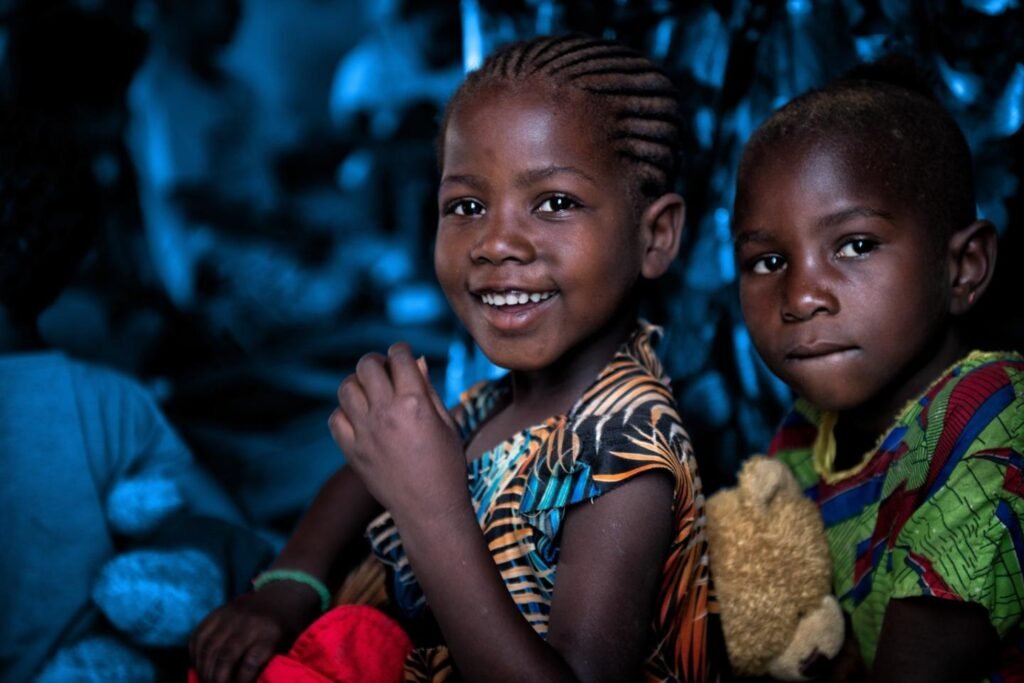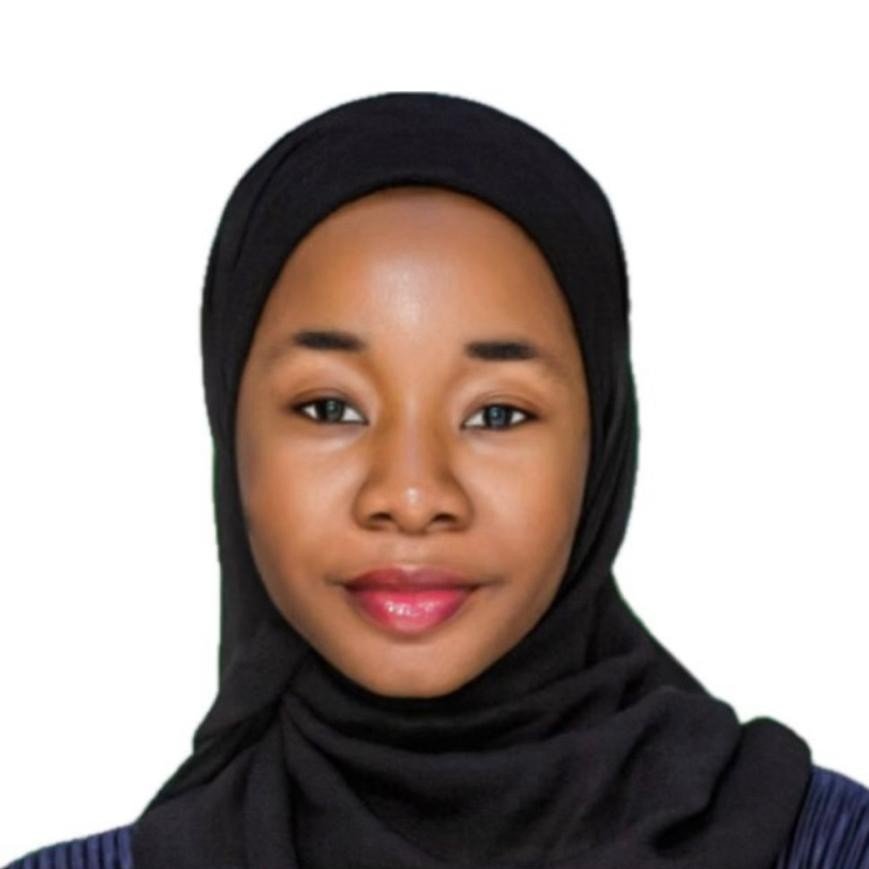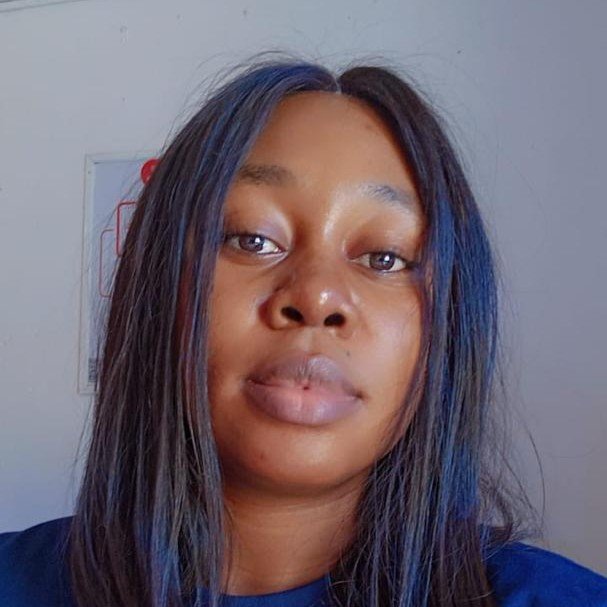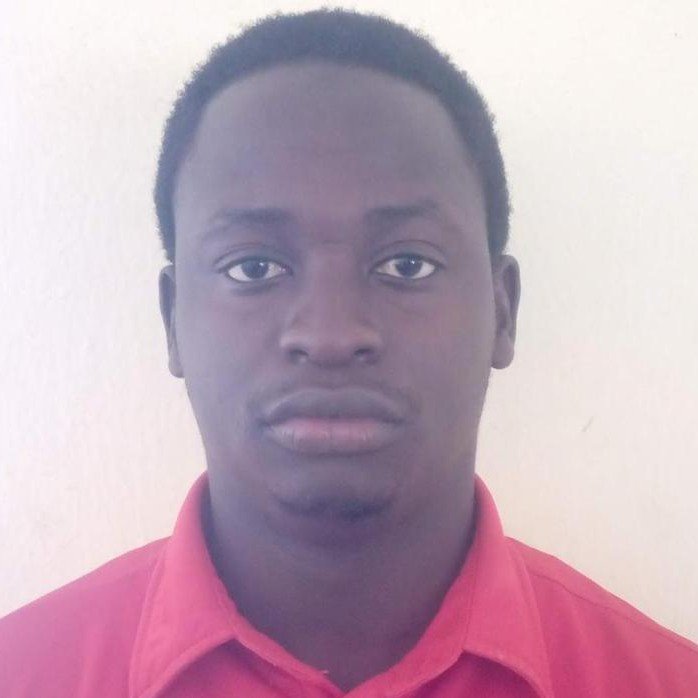Who we are about us
The Mai Alooma Memorial Foundation is a non-profit, non-political organization based in Maiduguri, dedicated to humanitarian and community development efforts. Our mission is to foster peace, resilience, and sustainable growth within vulnerable communities. Through strategic programs and partnerships, we work to counter violent extremism, protect children, empower marginalized groups, and rebuild livelihoods in communities affected by conflict and insecurity.

Vision Statement
To create a peaceful, resilient, and thriving society where every individual, especially vulnerable populations, has access to education, healthcare, protection, and economic empowerment.
Mission Statement
To restore peace, preserve cultural heritage, and enhance the well-being of communities by providing humanitarian assistance, promoting education, and empowering individuals through sustainable development initiatives.

Our Commitment
MAM-F is driven by a passion for restoring dignity, fostering peace, and empowering individuals to build stronger, self-reliant communities. Through strategic partnerships, advocacy, and grassroots initiatives, we are committed to making a lasting impact in Maiduguri and beyond.
Our Approach
The Mai Alooma Memorial Foundation adopts a holistic, community-centered approach to addressing societal challenges. Our programs are designed based on research, stakeholder consultations, and the lived experiences of the communities we serve. We collaborate with local and international partners, government agencies, and donors to implement impactful and sustainable interventions.
Aims and Objectives
Implementing community-based interventions to foster social cohesion.
Conducting advocacy and awareness campaigns to discourage radicalization.
Engaging stakeholders in dialogue and conflict resolution initiatives.
Providing support for orphans and vulnerable children.
Advocating for child rights and protection against exploitation.
Ensuring safe spaces for children in conflict-affected areas.
Providing support for orphans and vulnerable children.
Advocating for child rights and protection against exploitation.
Ensuring safe spaces for children in conflict-affected areas.
- Raising awareness on maternal health and family planning.
- Providing healthcare support for women and adolescents.
- Conducting outreach programs on sexual and reproductive health rights (SRHR).
acilitating access to education for marginalized children, especially girls.
Advocating for policies that support inclusive education.
Partnering with institutions to integrate Almajiri children into formal education.
Providing counseling and therapy services for individuals affected by trauma.
Training community members on psychological first aid.
Establishing support groups for survivors of conflict and violence.
Training community members in emergency preparedness and response.
Promoting alternative livelihoods to prevent youth engagement in violent activities.
Training community members in emergency preparedness and response.
Promoting alternative livelihoods to prevent youth engagement in violent activities.
Distributing relief materials to displaced and vulnerable populations.
Promoting nutrition awareness and healthy living.
Our Team

Hawwa Muhammad
Program Officer

Ruth Agada
Human Resource Officer

Sadiq Muhammad
Nutrition Officer

Aitiya Charles Hamidu
Finance Officer
